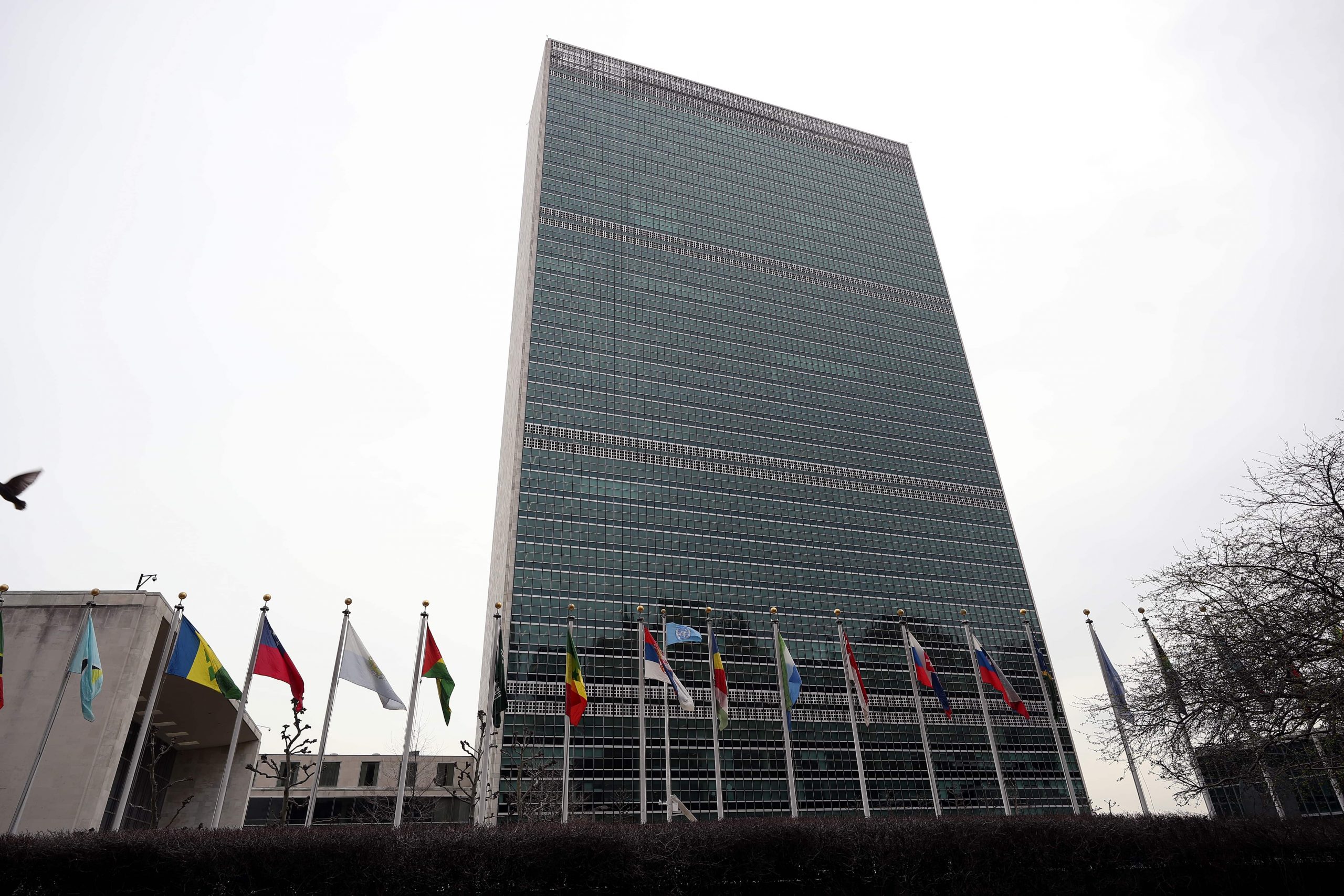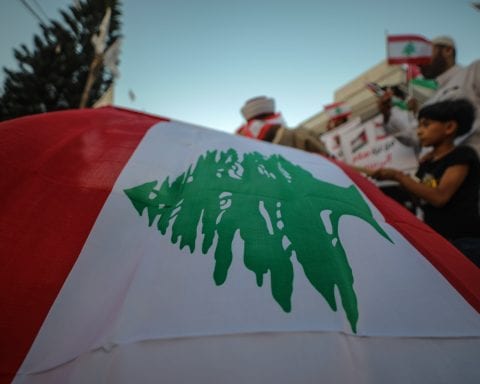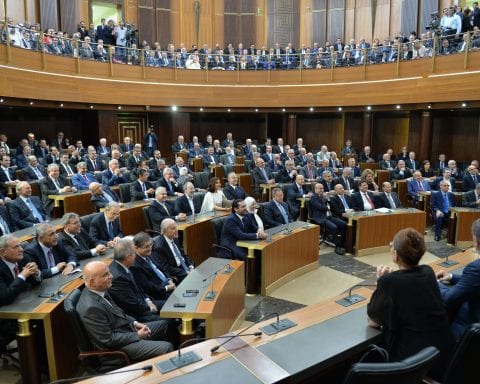The United Nations has advised that more than four million people in Lebanon are at risk of losing access to clean water. Fuel scarcity is affecting water pumping. “UNICEF estimates that most water pumping will steadily cease across the country in the next four to six weeks,” a statement by the UN body said on Friday.
Lebanon is combatting an economic breakdown that has pushed more than half of its population below the line of poverty and seen its currency lose more than 90 percent of its value in less than two years. The financial crisis has been a source of unembellished shortages of basic goods such as fuel and medicine as dollars run dry.
The UN agency held that upkeep costs incurred in US dollars, funding shortages and the parallel collapse of the power grid were rapidly destroying the water sector. UNICEF further added that should the public water supply system collapse, water costs could increase by 200 percent a month as water would be secured from private water suppliers.
The UN agency said it required $40 million a year to secure the lowest levels of fuel, chlorine, spare parts, and maintenance required to keep critical systems operational.
“Unless urgent action is taken, hospitals, schools, and essential public facilities will be unable to function,” the UNICEF Representative in Lebanon, Yukie Mokuo, was quoted as saying in the statement. The Lebanese pound, which for years was pegged to the US dollar, has lost more than 90 percent of its value over the past 18 months.
Electricity in most places is hardly available for an hour a day, while the fuel needed to power generators is also in short supply. Basic medicines have been missing from pharmacy shelves for months, and private hospitals warned on Thursday they were “hours away” from losing power supply.














